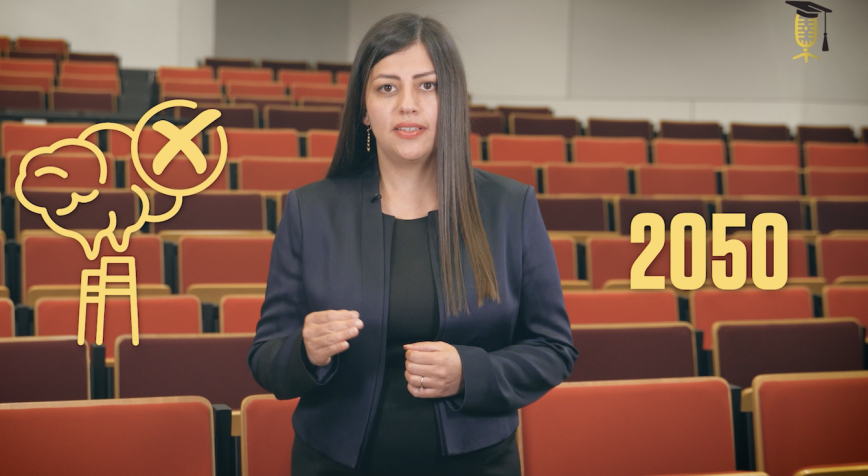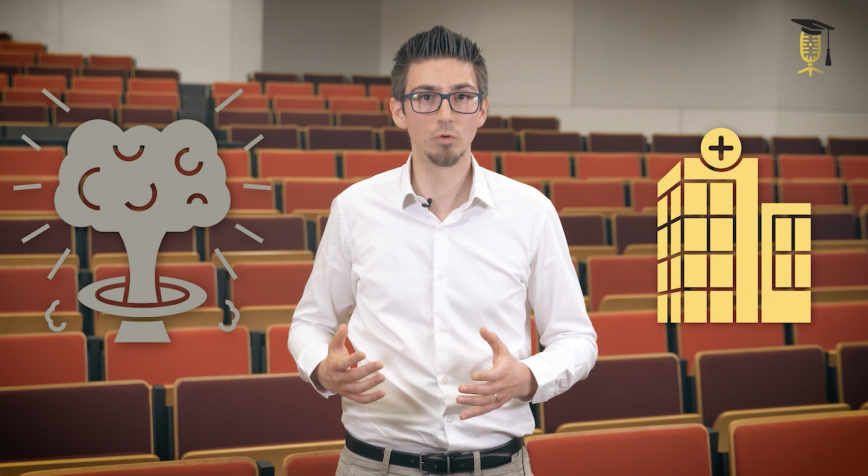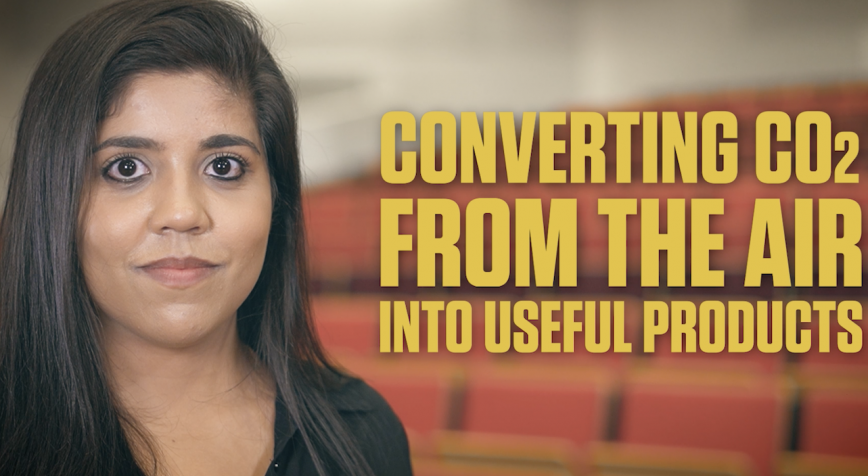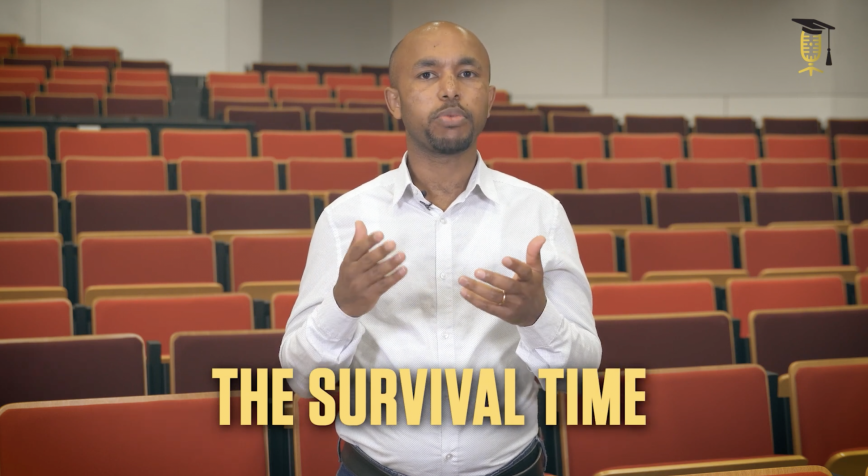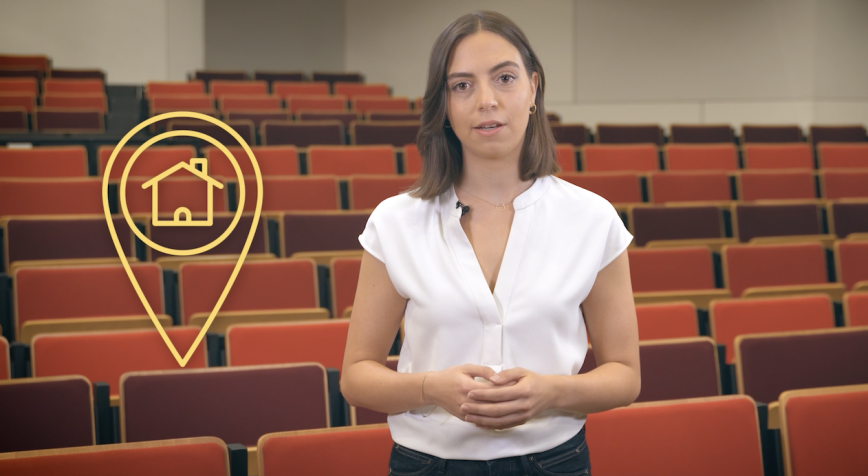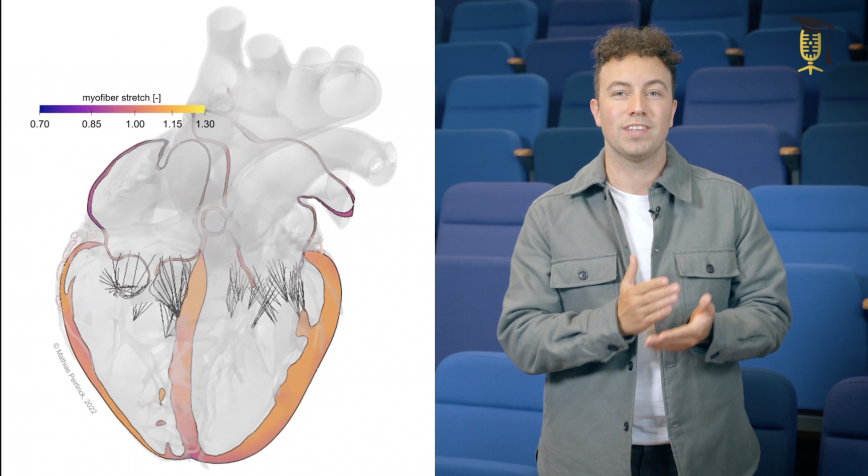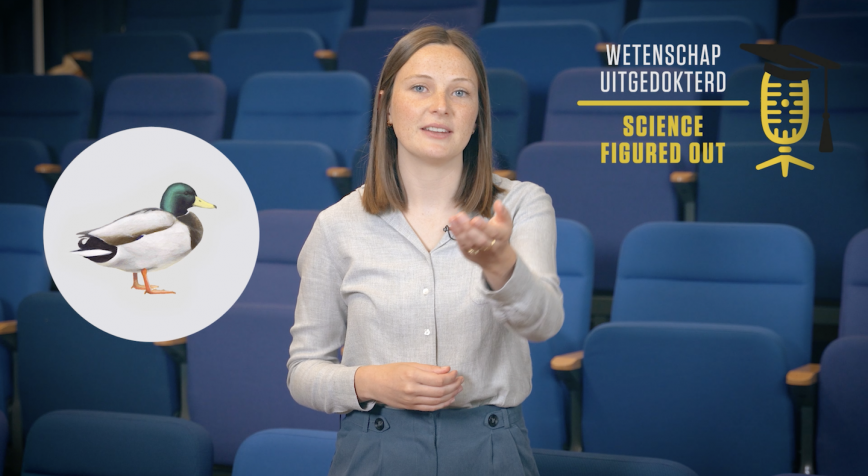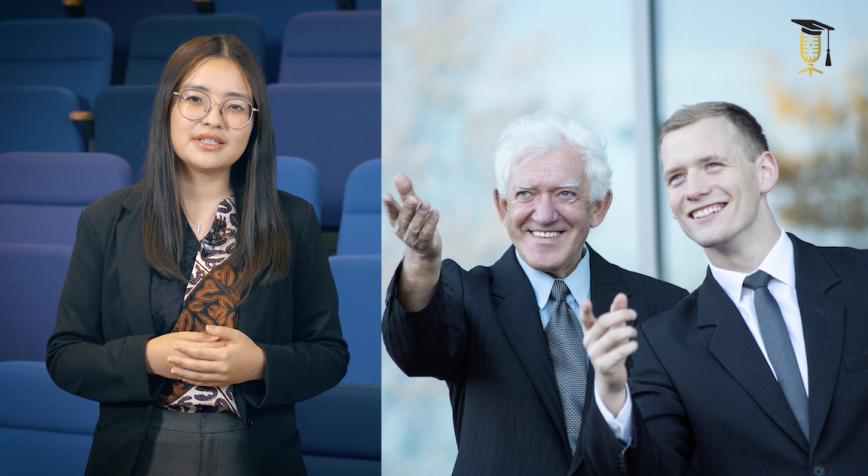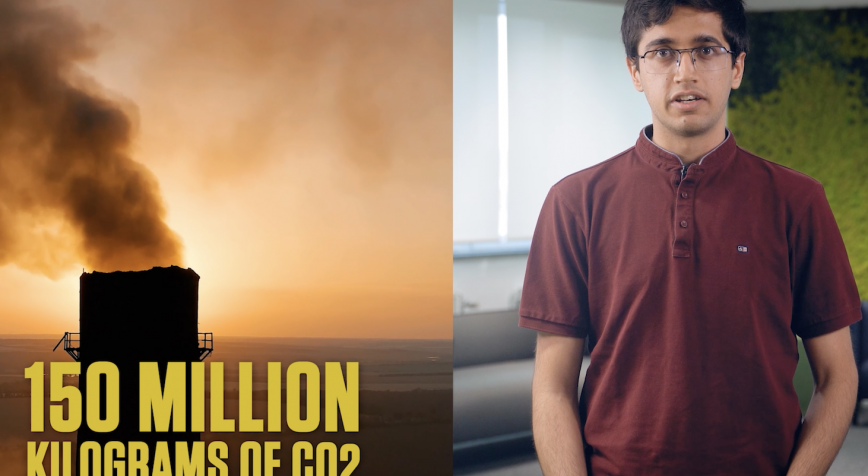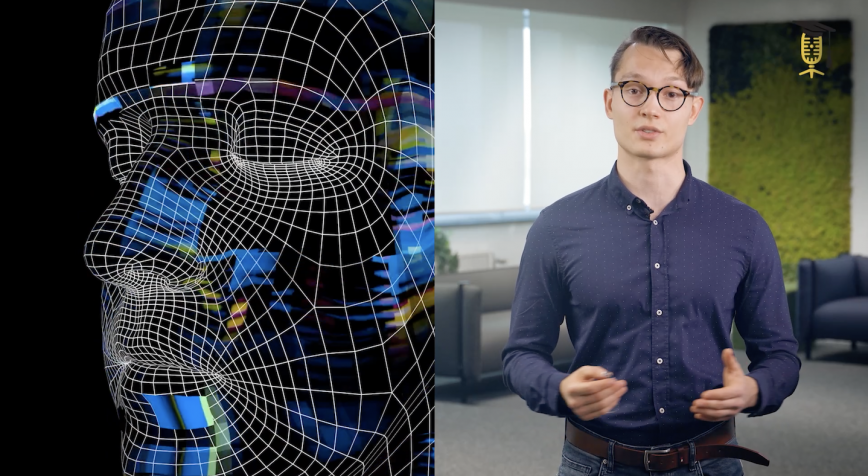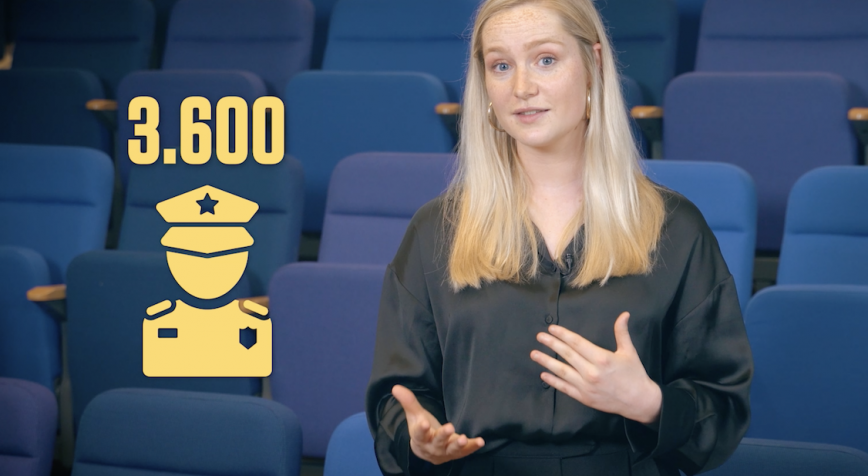
UGent
Where's the sound of the police? Absence within the police force investigated
Every year, the Belgian police have the equivalent of some 3,600 officers absent due to sick leave. "That's as if there wasn't an officer in Antwerp and Ghent for a year," explains criminologist Celien De Stercke (UGent). Why is it that absence rates in the police have been higher than in other sectors for years? By looking at the sick absences from 2019, De Stercke got a better understanding of which groups within the police are especially absent for long periods and what factors play a role.
